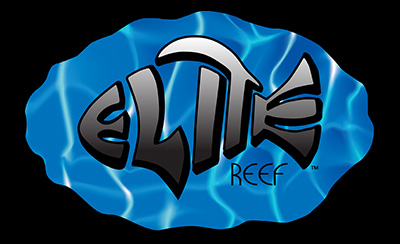Looking back tens of millions of years, scientists are taking lessons from the past as a means to save the current reef habitats. Interaction between corals and reef fish is something that developed relatively recently, and according to Professor David Bellwood of the ARC Centre of Excellence for Coral Reef Studies and James Cook University, it’s this relationship that may shield reef species from extinction.
“Our latest research provides strong evidence for a view that today’s coral hotspots are both a refuge for old species and a cradle for new ones,” said Peter Cowman, lead author of a recent report. “This is the first real inkling we’ve had that just protecting a large area of reef may not be enough – you have to protect the right sorts of reef.”
Coral reefs around 300-400 years ago were not nearly as complex as todays reefs. Fish were not specialized to live on the reef and did not have the means to feed on corals. “By 200 million years ago we are starting to see fish with jaws capable of feeding on corals, but the real explosion in reef diversity doesn’t occur till about 50 million years ago when we see fishes very like today’s specialist coral feeders emerging.”
It’s this relationship that created todays incredibly diverse reef systems. Corals and the fish that both protect and feed on them are an integral system that requires many species to exist. “When people think of coral reefs, they usually think of the beautiful branching corals like staghorn (Acropora) – well the evidence is now fairly clear that Acropora needs certain fish for it to flourish. But, it now appears that this may be a reciprocal relationship with Acropora being important for the evolution and survival of fishes on coral reefs. ”
Acropora, as we know, are extremely sensitive species that are vulnerable to many factors. Crown of thorns star fish and ocean acidification are two such factors that have been driving the decline of reefs and much debate in recent years.
“The study of the past tells us that reefs are all about relationships and, like a family, for them to survive those relationships need to remain strong,” Peter Cowman said. “In coming years it is probable reefs will be subject to relentless presses that may cause them to change fundamentally. Those with the best long-term prospects of survival will be the ones where the relationships between fish and corals are healthiest.
Reef systems survived the mass extinction events of the past, and through time have become centered in the Coral Triangle region to Australia’s North.
“The Coral Triangle is currently subject to intensifying human and ecosystem pressure. The latest work by Peter Cowman and Prof Bellwood suggests it is both a cradle for new species and a refuge in troubled times – so it is vital that it remain intact.”
“This isn’t about saving individual species or particular reefs, it’s about maintaining the basic relationships which ensure the survival of the whole,” says Prof Bellwood.
“We’ve had a ‘heads up’ from the past that is giving us fresh insights into what is most important on reefs and why we must protect our precious reefs and fishes into the future.”
Via: Eureka Alert
